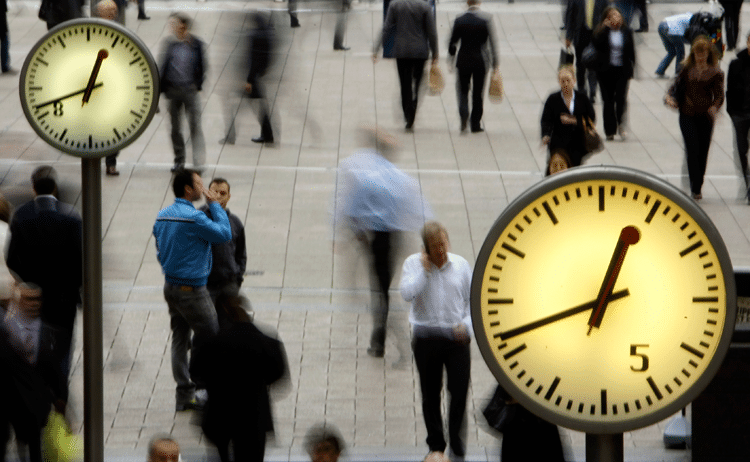More hedonism for your buck: get the most out of waiting

AP Photo/Matt Dunham
It’s no secret that here at Delayed Gratification we’re all about taking things slowly and, well, delaying gratification. We do it mostly so we have time to create better quality journalism, and provide in-depth coverage rather than knee-jerk reactions to the stories that are trending on Twitter. But the benefits of waiting apply beyond journalism. Cornell University’s Professor Amit Kumar recently published a paper on how delaying purchases can make you a happier person. We chatted with Dr Kumar to find out how to get the most out of waiting. Here’s what he told us.
“There’s an issue where people aren’t getting much more happiness from the money they have. We think that money could make people happier, they’re just not spending it in the right sort of ways. That’s why we’re looking at how to get the most hedonism for your buck.
We make the distinction between experiential and material purchases. So money you spend on doing, like trips to places, meals out, concerts etc. versus money you spend on having, on possessions like clothing, jewelry, furniture and gadgets. We found that people are happier with their experiential purchases than their material ones.
We’ve recently been finding that these benefits extend across a broad time course. So experiences are more rewarding than possessions in anticipation as well. When people are waiting to buy a possession, their feelings are tinged with impatience. For experiences, there’s more savouring – waiting is part of the fun. The implication is that you can take advantage of this by delaying the consumption of an experience: make restaurant reservations long in advance; buy tickets to a show in advance rather than on the day itself.
We’re now trying to investigate systematically why waiting adds to the pleasure, but we have some ideas. First, there are lots of possibilities for how an experience might turn out, so there’s more room for your imagination to work. With material purchases, people know what they’re in for so the mentality is more ‘Just give it to me now’.
Another interesting possibility is that the social benefits are different. People talk about their experiential purchases more than the material ones – that might be true before the fact as well. So you might be talking about the trip you’re going to take, or the restaurant you’re going to eat at. And social connection is one of the most important determinants of human happiness.
Most purchases can be thought of as on a spectrum from material to experiential. What matters most is how people construe it. A magazine is obviously something that people keep in their possession, but people are also reading it, which is an experience. How people think about it is part of what determines the emotional consequence. If people are thinking about the reading experience you’ll see lots of the same benefits we see for experiential purchases. But if they’re thinking about the magazine as a thing that sits on a coffee table and goes with the rest of the décor as a way to impress people, you won’t get as many of those benefits.”
Slow Journalism in your inbox, plus infographics, offers and more: sign up for the free DG newsletter. Sign me up
Thanks for signing up.





